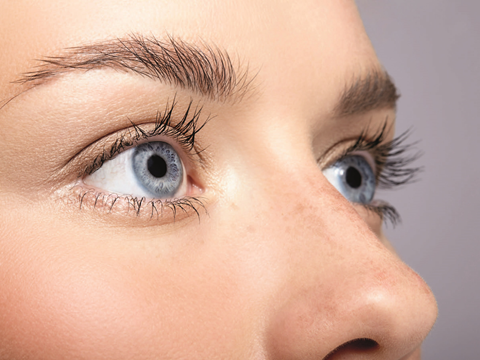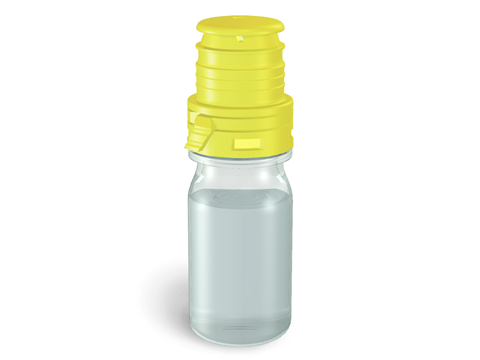
Berry Global has launched a new ‘easy-squeeze’ ophthalmic 10ml bottle that has been qualified for use with Aptar Pharma’s Ophthalmic Squeeze Dispenser (OSD), a solution used for preservative-free products including eye treatments.
The new bottle from Berry aims to provide a reliable and user-friendly complement to the OSD, which apparently features ‘proven microbiological integrity’ used for preservative-free prescription and over-the-counter products to support eye treatments for conditions including conjunctivitis and glaucoma.
The bottle is produced in LDPE in two variants - 10ml hybrid and soft - with the latter said to offer a reduced squeeze force for easier use, designed to provide maximum flexibility to ensure the bottle is suitable for different drug formulations. Berry says the pocket-size design maximises user convenience and is optimized for flow control to support precise drop dispensing.

The company says both variants are manufactured to GMP pharmaceutical standards in ISO 7 cleanrooms at its factory in Offranville, France. Every bottle reportedly undergoes comprehensive automated testing of critical quality features, including tightness and visual inspection, and is validated for gamma and eto sterilization. Berry’s manufacturing capabilities are also said to result in batch flexibility and reduced lead times.
“There is strong demand for preservative-free eye care formulations, and this has to be supported by effective and reliable packaging and dispensing solutions,” said Xavier Le Grand of Berry Global. “Our new bottle has been designed to fit seamlessly with the OSD, ensuring precise and controlled dispensing into the patient’s eye.”
In May this year, Aptar Beauty announced its new dropper packaging, aiming for more precise application in response to the development of more demanding concentrated formulas. The applicator does not come into direct contact with the formula in the bottle, which prevents retro-contamination by bacteria.
Berry recently unveiled its range of clarified polypropylene (PP) bottles for healthcare applications, said to reduce CO2 emissions by approximately 71% and improve recyclability compared to traditional coloured PET pill bottles. The company says the coloured ClariPPil bottles are all widely recyclable, in countries with the appropriate recycling infrastructure in place.
If you liked this story, you might also enjoy:
The ultimate guide to the Packaging and Packaging Waste Regulation in 2024
How are the top brands progressing on packaging sustainability?
Sustainable Innovation Report 2024: Current trends and future priorities
Everything you need to know about global plastic sustainability regulation















No comments yet